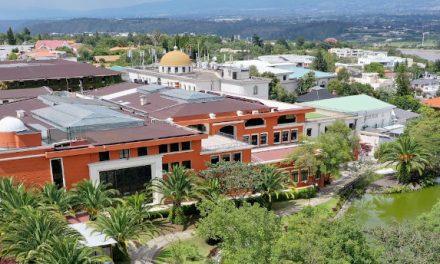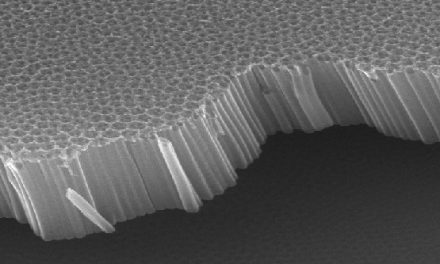The Mexican historian Enrique Sada continues his collaboration with the Royal European Academy of Doctors-Barcelona 1914 (RAED) with his work “La Res Publicae: de la administración a la gestión pública” (The Res Publicae: from administration to public management), which will publish the magazine of the RAED, Tribuna Plural, in its next number. In this new study, Sada tries to define the concept of public management both from a legal and historical point of view, always under the prism of its link to the State as the main source of sustenance. “The Public Administration consists of nothing less than the rotation of the rotor, the spring and the mechanisms that move inside this great machinery, that is, in the activity of the State”, the scholar begins his reflection.
Sada places the origin of the concept in ancient China, with the so-called Zhouó Chow Act, where all those positions, tasks and corresponding responsibilities are detailed for those in whom the functions of serving the emperor and his governing body were delegated and where it manifests both the knowledge and the frequent use of the Administration as the basis of all political, religious, social, economic and even hierarchical development.
He continues his journey in classical Greece, where Socrates manages to develop his own theories of the State in order to preserve the necessary balance to ensure both perpetuity in power and that of the people themselves. Likewise, Plato, in “The Republic”, has an impact on a series of principles aimed at the development of a representative regime of certain classes, a natural precursor of our current and incipient democracy, but always through the administration of what he himself recognizes as “public business”.

Enrique Sada Sandoval
“However, it will not be until the height of the Roman civilization and the Empire when it’s possible to patent in itself the implementation of all the known administrative theory, a fact that will come to manifest itself after the era of the Caesars and the constant expansion thanks to the activities of Government”, considers the historian.
After analysing the administration of the medieval kingdoms, Sada stops at the figure of Francis Bacon, who will also provide his contribution to the Science of Administration through what will be the Principle of Accessory Prevalence. As in “The Social Contract” by Jean-Jacques Rousseau. Although it will be during the Industrial Revolution when the foundations for the development of the so-called Classical Theory of Administration will be laid. The one that will be carried out by the pioneers of the Administration: Adam Smith, David Ricardo, Andrew Ure and Alfred Marshal, until the arrival of Karl Marx. All this will unpack the current concept of governance, linked to democracy in its contemporary conception.




